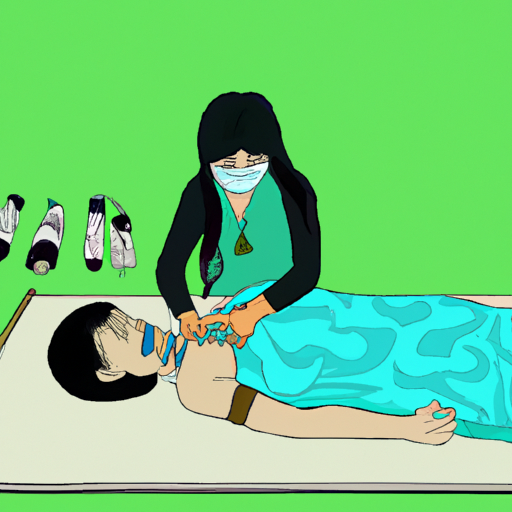The Opioid Crisis in Canada: An Indigenous Chiropractor’s Unconventional Approach
In recent years, Canada has experienced a significant increase in the number of opioid-related deaths, with Indigenous communities being disproportionately affected. I wanted to share an intriguing article I came across on Yahoo News that tells the story of an Indigenous chiropractor’s innovative efforts to tackle this opioid crisis in the heart of downtown Calgary.
A Brief Overview of the Canadian Opioid Crisis
The opioid crisis is a severe public health crisis affecting Canada that’s associated with the astronomical increase in the use of prescription and non-prescription opioid drugs. The impacts of this crisis are vast, extending beyond the growing mortality rates to include a rise in homeless populations and crimes, straining the country’s health care system and economy.
An Unconventional Approach to Tackling the Crisis
Dr. James Makokis, an Indigenous chiropractor, has been at the forefront of an unconventional approach to curbing opioid dependence in Canada. Makokis operates a chiropractic clinic in Calgary, where he combines his knowledge of traditional Indigenous healing practices with Western medicine to help those struggling with opioid addiction.
Key Takeaways from the Article
- According to Dr. Makokis, the main aim of his approach is to provide a holistic solution to addiction, treating it as a symptom of broader issues like mental health and intergenerational trauma.
- Dr. Makokis’ practice uses a combination of physical therapy, cognitive behavioural therapy, and traditional Indigenous healing practices to treat patients.
- The chiropractic clinic targets not only physical relief but also emotional and mental health due to its holistic nature.
- Combating opioid dependence with chiropractic treatment could potentially offer an affordable, less invasive alternative to prescribed medications or hospital visits.
- One of the significant challenges Dr. Makokis faces in his work is the lack of government funding. Despite this hurdle, he’s committed to expanding his clinic and spreading the innovative treatment approach to other parts of Canada.
Canada’s Efforts to Combat the Opioid Crisis
Canadian officials are making efforts to address the opioid crisis in various ways, including increased surveillance and monitoring of opioid overdose occurrences, promoting the use of naloxone as a safe and effective antidote for opioid overdoses, and implementing opioid class action lawsuits. However, this crisis isn’t limited to one solution or approach. It calls for widespread and innovative approaches, similar to Dr. Makokis’ methods.
Closing Thoughts
In conclusion, it’s clear that the opioid crisis in Canada is a complex issue that requires diverse strategies for effective management. I believe the work Dr. Makokis is doing brings a fresh perspective on how we can approach this crisis. His blended approach of Western medicine and Indigenous practices indicates that there isn’t a one-size-fits-all solution for those battling opioid addiction. Instead, it shows that it’s essential to consider the range of methods available when tackling this crisis. Let’s continue to support and appreciate such groundbreaking work.


